


In this article, we will discuss the potential dangers of using soda crystals as a cleaning product for your dishwasher and explore safer alternatives. While soda crystals are often recommended as a natural and effective treatment for removing stubborn residue and limescale buildup, there are risks involved that should not be overlooked. We will guide you on how to clean your dishwasher safely and effectively without using soda crystals.
Using soda crystals to clean your dishwasher may seem like a quick and easy solution. However, experts warn that soda crystals can cause burning and damage to certain parts of the machine. The residue left behind from soda crystals can also clog the filter and affect the dishwasher’s performance. Instead, vinegar is a natural and widely recommended alternative for keeping your dishwasher sparkling clean.
So, how should vinegar be used to clean your dishwasher? First, make sure to remove any dishes and racks from the machine. Then, fill a bowl with one cup of vinegar and place it on the top rack. Run the dishwasher on its hottest cleaning cycle, using vinegar as the cleaner instead of detergent. This will help remove any limescale buildup and leave your dishwasher smelling fresh.
In addition to vinegar, baking soda can also be used as an effective and natural cleaner for your dishwasher. To use baking soda, sprinkle it on the bottom of the dishwasher and run a hot-cycle. This will help remove any odors and stains, leaving your machine looking and smelling great.
In conclusion, while soda crystals may be a popular choice for cleaning purposes, they can pose risks to your dishwasher. Instead, opt for natural and safer alternatives such as vinegar or baking soda. By regularly cleaning your dishwasher with these products, you can prolong its lifespan, save energy, and ensure sparkling clean dishes every time. For more information on cleaner and safer dishwasher maintenance, visit our site and check out our FAQs section.
How to Safely Clean a Dishwasher
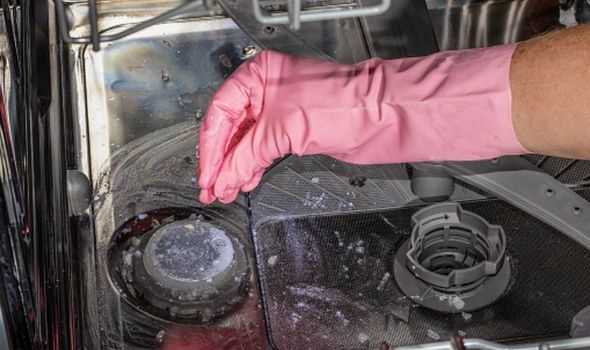
Cleaning your dishwasher regularly is an important action to ensure its proper functioning and longevity. With time, dishwashers can accumulate grease, food debris, and other residue, leading to odors and limited performance. To keep your dishwasher in excellent condition, follow these simple steps:
- Remove all the dishes and utensils from the dishwasher and inspect the drain area for any food particles or debris. Use a damp cloth or sponge to wipe away any buildup.
- Mix about a mugful of soda crystals with warm water. These natural alkaline salts are a great cleaner and deodorizer for your kitchen appliances.
- Wipe down the inside of the dishwasher with the soda crystal solution. Pay extra attention to the rubber seals and edges where buildup can occur.
- Remove the dishwasher’s filter and give it a thorough clean. Rinse it under running water to remove any trapped debris.
- Put the filter back in place and pour the remaining soda crystal solution into the bottom of the dishwasher.
- Run a full cycle on the dishwasher, using the hottest water setting available. This will help dissolve any remaining grease and food residue.
- If your dishwasher has a self-cleaning function, follow the manufacturer’s instructions to activate it.
- Once the cycle is complete, inspect the dishwasher for any remaining dirt or stains. Use a soft cloth and warm water to wipe them away.
- Don’t forget to clean the outside of your dishwasher as well. Wipe down the control panel, door, and handle with a mild cleaner.
- Finally, leave the dishwasher door slightly open to allow it to air out and prevent the growth of mold or mildew.
Cleaning your dishwasher regularly using natural soda crystals can help remove grease, eliminate odors, and maintain its performance. It is a safe and effective way to keep your dishwasher working optimally for years to come.
The Importance of Proper Dishwasher Maintenance
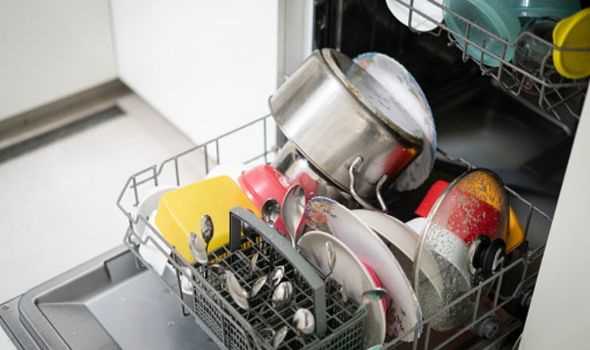
Keeping your dishwasher in good condition is essential for ensuring it works efficiently and lasts for years to come. Proper maintenance will not only help you save money on repairs and replacements but also keep your dishes clean and sanitary.
Regular Cleaning
One important aspect of dishwasher maintenance is regular cleaning. Over time, food particles, grease, and soap scum can build up in your dishwasher, leading to unpleasant odors and ineffective cleaning. To clean your dishwasher, follow these steps:
- Remove any large food particles from the filter and drain.
- Mix a cup of white vinegar with a cup of baking soda and place it in the bottom of an empty dishwasher.
- Run a hot water cycle to help remove stains and odors.
- Wipe down the inside of the dishwasher, including the door and sides, with a damp cloth.
- Remove the filter and clean it using warm, soapy water.
- Use a toothbrush or small brush to clean any hard-to-reach areas, such as the spray arms and crevices.
- Rinse everything thoroughly before putting the filter back in place.
By regularly cleaning your dishwasher, you can prevent the accumulation of grime and ensure optimal performance.
Paying Attention to Maintenance Tasks
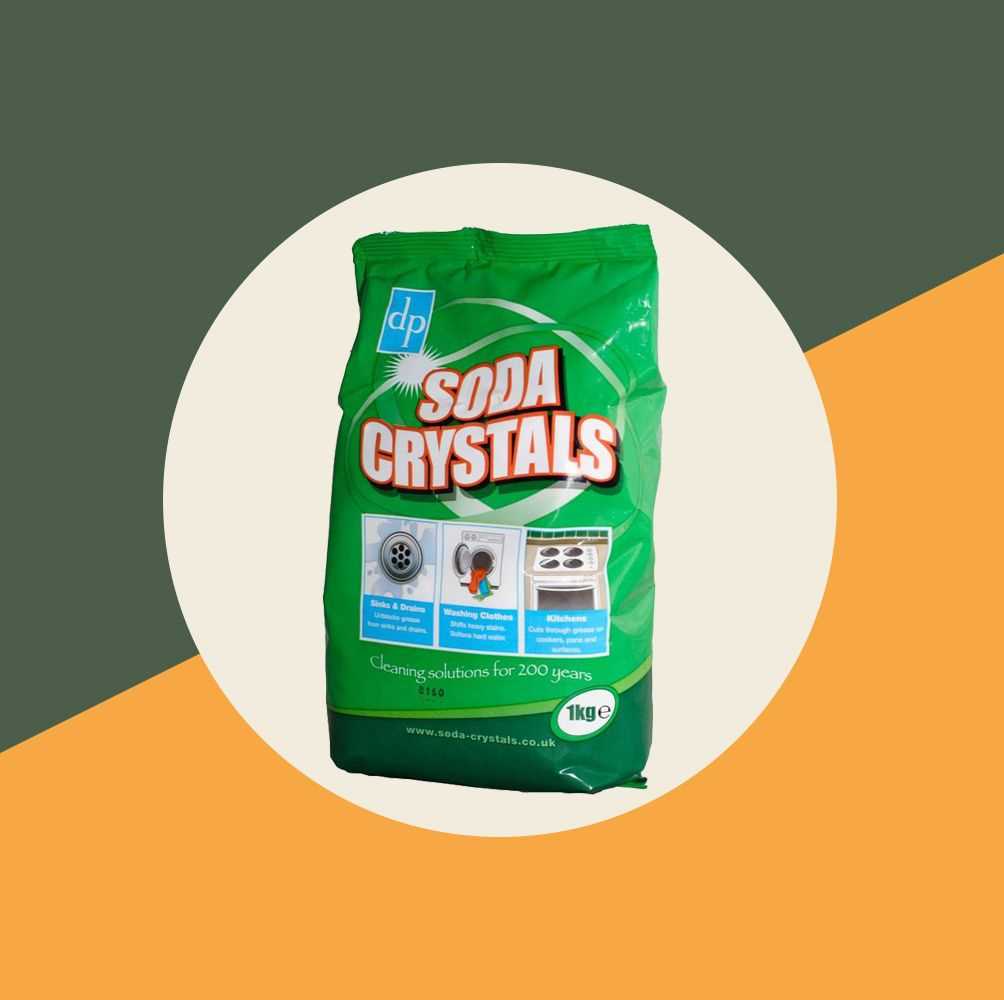
In addition to regular cleaning, there are other maintenance tasks you should perform to keep your dishwasher running smoothly:
- Check and clean the drain regularly to prevent clogs.
- Inspect the spray arms for clogs or damage and clean or replace them if necessary.
- Regularly check and clean the filter to ensure proper water flow.
- Wash removable parts, such as utensil holders and racks, before placing them back in the dishwasher.
- Check and tighten any loose connections or fittings.
By paying attention to these maintenance tasks, you can prolong the life of your dishwasher and avoid costly repairs.
Being Mindful of What You Put in Your Dishwasher
While dishwashers are designed to handle a variety of items, there are some things you should never put in your dishwasher to avoid damage:
- Wooden items: The heat and moisture in the dishwasher can warp or damage wooden utensils and cutting boards.
- Delicate glassware: Extremely fragile or antique glassware should be washed by hand to prevent breakage.
- Non-dishwasher safe plastics: Check the labels on plastics to ensure they are safe for dishwasher use.
- Cast iron cookware: The heat and moisture can strip the seasoning off cast iron pans.
- Sharp knives: The dishwasher can dull the edges of knives over time.
By being mindful of what you put in your dishwasher, you can avoid potential damage and extend the lifespan of your appliances.
Conclusion
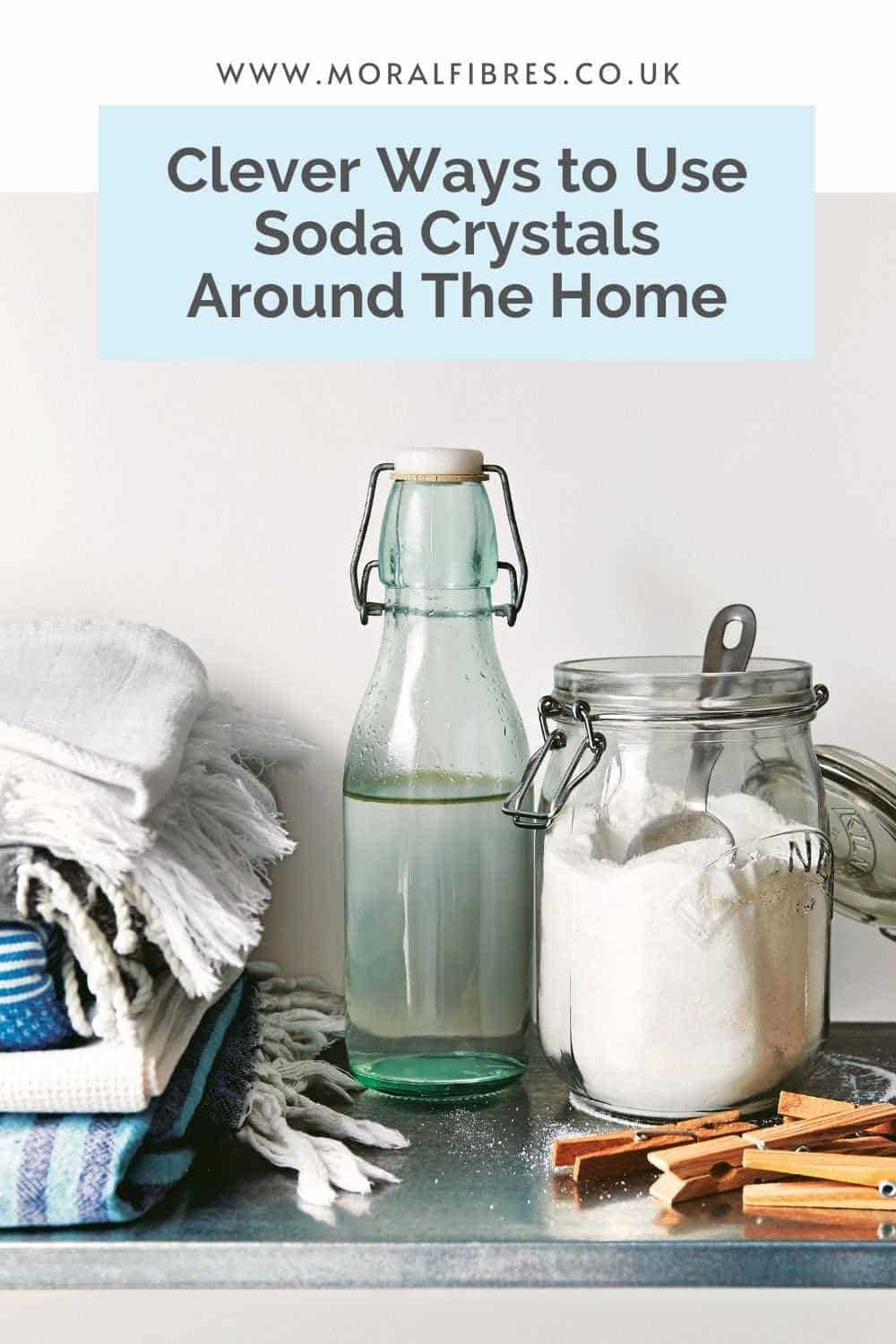
Proper dishwasher maintenance is essential for keeping your appliance in top condition. Regular cleaning and performing maintenance tasks can help prevent clogs, odors, and damage, ensuring your dishwasher works efficiently and provides sparkling clean dishes every time.
Remember to always consult your dishwasher’s owner manual for specific maintenance instructions and recommendations. If you’re unsure about dealing with any maintenance tasks, it’s best to contact a professional technician for assistance.
The Dangers of Using Soda Crystals
Using soda crystals to clean your dishwasher may seem like a convenient and effective solution, but there are several dangers associated with this method. It is important to be aware of these risks to ensure the safety of your kitchen and your health.
1. Limited Cleaning Action
While soda crystals may help to clean greasy residue and limescale in your dishwasher, they have limited effectiveness in other areas of the machine. They may not be able to dissolve tough stains or remove bacteria effectively.
2. Alkaline Properties
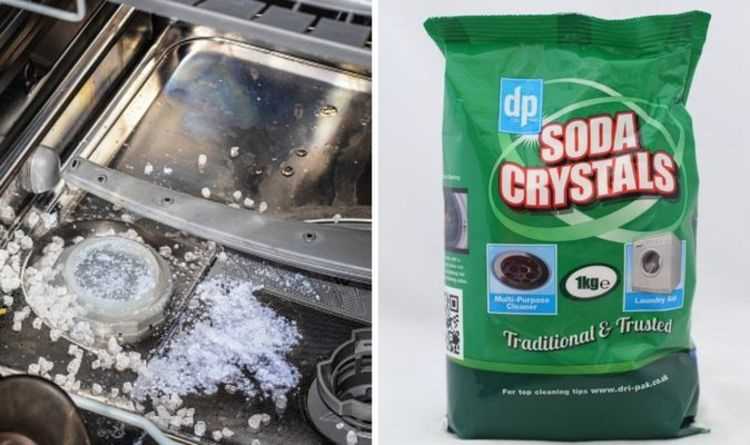
Soda crystals are highly alkaline, and using them on certain surfaces or objects in your dishwasher can cause damage. This includes rubber seals, which can become discolored or deteriorate over time.
3. Health Risks
Exposure to soda crystals can be harmful to your health. Breathing in the powder when using it can irritate your respiratory system. Ingesting or coming into contact with soda crystals can cause burns or irritation to your skin, eyes, and digestive system.
4. Compatibility Issues
Not all dishwashers are compatible with soda crystals. Some machine manufacturers explicitly state that the use of soda crystals is not recommended, as they may damage the interior components.
5. Environmental Impact
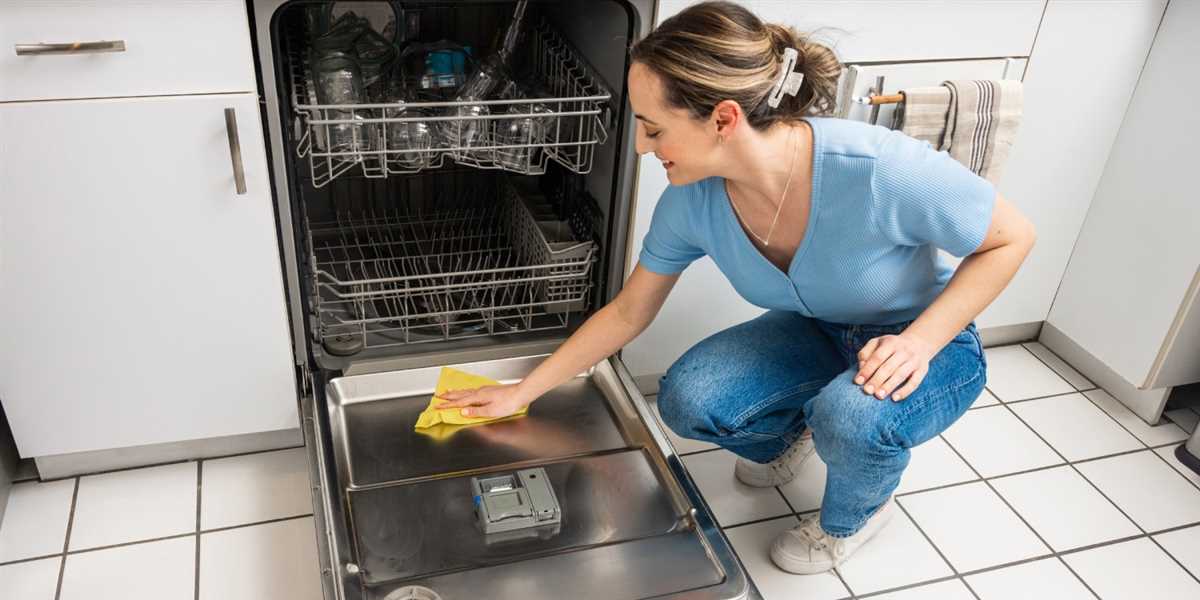
Soda crystals are not environmentally friendly. When they are flushed down the drain and enter water systems, they can have a negative impact on aquatic life and the overall ecosystem.
6. Safer Alternatives
Instead of using soda crystals, there are safer alternatives for cleaning your dishwasher. Baking soda and white vinegar can be effective in removing odors, limescale, and grease. Borax is another useful option that helps to wash dishes and remove stains.
Experts recommend visiting the manufacturer’s site for specific cleaning recommendations for your dishwasher model. Following these guidelines will ensure that you clean your dishwasher safely and effectively without risking any damage to the machine or your health.
Safe Alternatives for Cleaning a Dishwasher
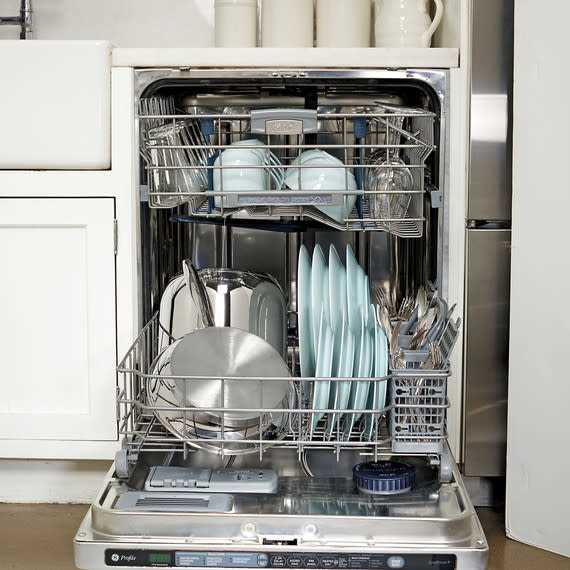
If you’re a dishwasher owner, you know how important it is to keep your dishwasher clean. A clean dishwasher not only ensures that your dishes come out spotless, but it also extends the life of your appliance. However, using soda crystals for cleaning your dishwasher can be dangerous and harmful. Fortunately, there are safe alternatives that you can use to maintain a clean and healthy dishwasher.
Vinegar
Vinegar is a natural and effective alternative to soda crystals for cleaning your dishwasher. It can help remove limescale, disinfect, and deodorize your dishwasher. Simply pour a cup of vinegar into a dishwasher-safe bowl and place it on the top rack of your empty dishwasher. Run a hot water cycle to let the vinegar work its magic. Vinegar not only cleans your dishwasher but also helps to descale it, ensuring that it continues to work efficiently.
Baking Soda
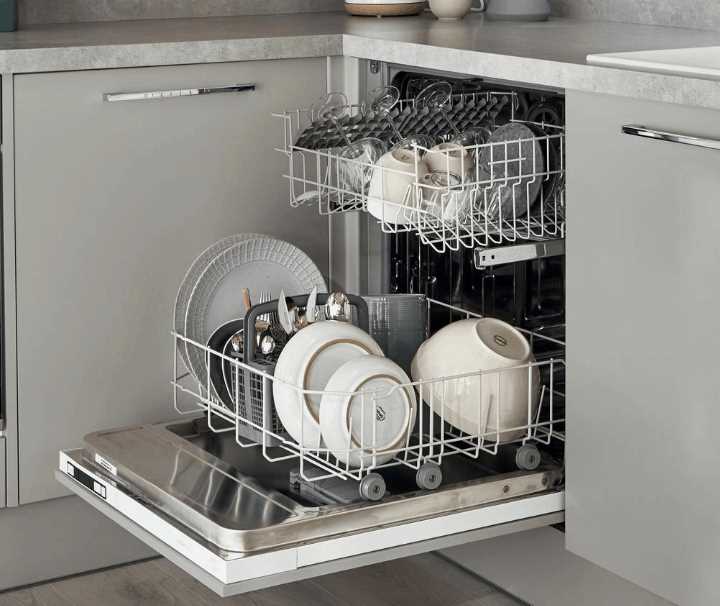
Baking soda is another effective and safe alternative for cleaning your dishwasher. It can help remove stains, odors, and buildup. Sprinkle a cup of baking soda in the bottom of your dishwasher and run a hot water cycle. Baking soda cleans and deodorizes without leaving behind any harsh chemicals.
Citric Acid
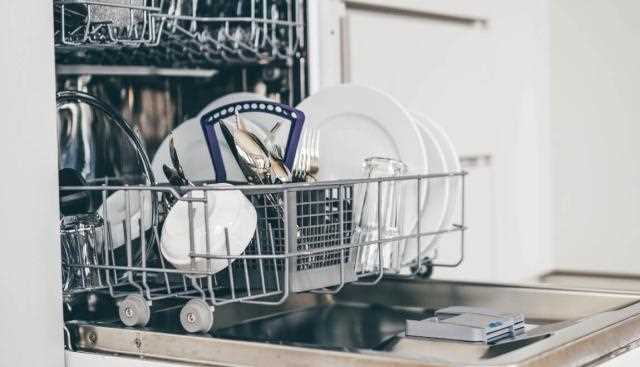
Citric acid is a granular acid that can be used for descaling your dishwasher. Mix a tablespoon of citric acid with water and pour it into the dishwasher. Run a hot water cycle to allow the citric acid to dissolve limescale and mineral deposits. Citric acid is a natural and effective way to descale your dishwasher without the need for soda crystals.
Commercial Dishwasher Cleaners
If you prefer a commercial product, there are dishwasher cleaners available that are specifically designed to clean and descale dishwashers. These cleaners often come in packets or tablets, making them easy to use. Follow the instructions on the packaging to effectively clean your dishwasher and remove any buildup.
Regular Maintenance
Regardless of which cleaning method you choose, it’s important to regularly maintain your dishwasher. Here are a few additional steps you can take to keep your dishwasher in top shape:
- Scrape off food debris from dishes before placing them in the dishwasher.
- Clean the dishwasher filter regularly to prevent clogs.
- Check the spray arms for any blockages.
- Wipe down the door seals to remove any residue.
- Run an empty dishwasher with vinegar or citric acid once a month to descale it.
- Avoid overloading the dishwasher to ensure proper water circulation.
By following these tips and using safe alternatives for cleaning your dishwasher, you can keep your appliance running smoothly and your dishes sparkling clean. Remember, the key is to choose cleaning methods that are effective, safe, and environmentally friendly.
Step-by-Step Guide to Cleaning a Dishwasher Using Baking Soda
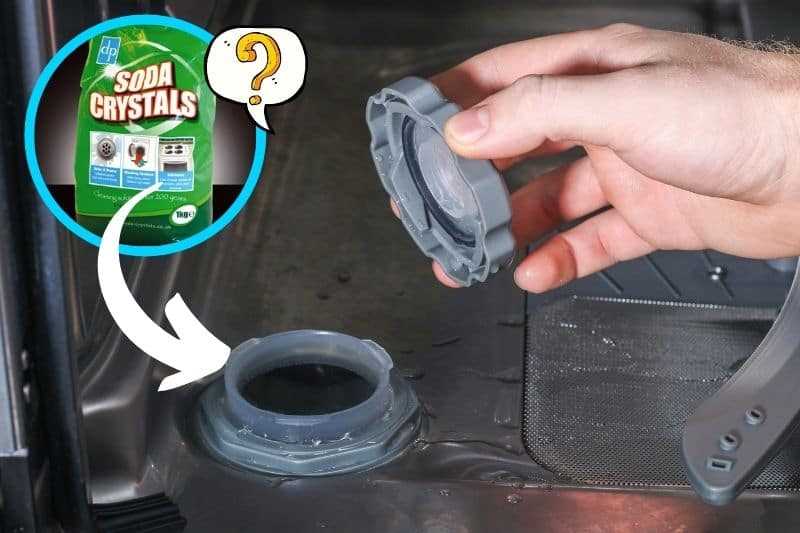
If you’re tackling a dirty dishwasher and looking for a safe and effective way to clean it, using baking soda is a great option. Baking soda is a natural cleaner that can help remove grease, odors, and stains, leaving your dishwasher fresh and sparkling clean. Here’s a step-by-step guide to cleaning your dishwasher with baking soda:
- Gather Your Supplies: Before you begin, gather all the supplies you’ll need. This includes baking soda, a soft cloth or sponge, and a cleaning brush or toothbrush.
- Remove the Dish Racks: Take out the dish racks and any other removable parts from your dishwasher. This will make it easier to clean the whole interior. If the racks are grimy, you can wash them separately in warm, soapy water.
- Wipe Down the Interior: Use a damp cloth or sponge to wipe down the interior surfaces of the dishwasher. Pay special attention to the door and the bottom of the dishwasher where debris and food particles tend to accumulate.
- Mix Baking Soda with Water: In a small bowl, mix about 1/4 cup of baking soda with enough water to make a paste. The paste should have a toothpaste-like consistency.
- Apply the Baking Soda Paste: Use the cleaning brush or toothbrush to apply the baking soda paste to the interior surfaces of the dishwasher. Focus on areas that have built-up grime or stains.
- Scrub Gently: Using the brush or toothbrush, scrub the baking soda paste into the surfaces of the dishwasher. Be gentle to avoid scratching the interior. Pay extra attention to areas with stubborn stains or grease.
- Clean the Filter: Locate the dishwasher’s filter and remove any debris or gunk that may have accumulated. Rinse the filter thoroughly under warm water to make sure it’s clean and free from blockages.
- Run a Cleaning Cycle: Once the interior is clean, put the dish racks and other removable parts back into the dishwasher. Close the door and run a cleaning cycle using hot water.
- Wipe Down the Exterior: While the cleaning cycle is running, take the opportunity to wipe down the exterior surfaces of the dishwasher with a damp cloth. This will remove any dust or dirt that may have accumulated.
- Finish with Vinegar: After the cleaning cycle is complete, you can give your dishwasher a final rinse by pouring a cup of vinegar into the bottom of the dishwasher. Run a short rinse cycle to help remove any remaining odors or residue.
- Enjoy a Clean Dishwasher: Once the dishwasher has finished its rinse cycle, it’s ready to use. You can now enjoy a clean and fresh-smelling dishwasher that will effectively clean your dishes.
Remember to regularly clean your dishwasher to keep it in optimal condition. Following these steps every few months will help prolong the life of your dishwasher and prevent any potential issues.
FAQ
Is it safe to clean a dishwasher with soda crystals?
Using soda crystals to clean a dishwasher can be dangerous. Soda crystals can cause damage to the rubber seals and plastic parts of the dishwasher, leading to leaks and other malfunctions. It is best to avoid using soda crystals and instead use a dishwasher cleaner recommended by the manufacturer.
Why should I be concerned about blocked sinks?
Blocked sinks can cause a number of problems, such as unpleasant odours, slow drainage, and potential water damage. If left untreated, a blocked sink can become a breeding ground for bacteria and mould, which can have negative effects on your health. It is important to deal with blocked sinks as soon as possible to avoid these issues.
Can I use soda crystals to unclog a sink?
No, it is not recommended to use soda crystals to unclog a sink. Soda crystals can react with other substances in the pipes and cause further blockages or damage. It is best to use a specialised sink unblocker or call a professional plumber to safely unclog your sink.
What are some signs that my sink is blocked?
Some signs that your sink is blocked include slow drainage, a gurgling sound when water is running, unpleasant odours, and standing water in the sink. If you notice any of these signs, it is likely that your sink is blocked and needs to be cleared.
How can I prevent my sink from getting blocked?
There are several steps you can take to prevent your sink from getting blocked. Avoid pouring grease or oil down the sink, use a drain catcher to catch hair and other debris, avoid flushing large objects down the drain, and regularly clean your sink and drain to remove any buildup.
What can I do if my sink is constantly getting blocked?
If your sink is constantly getting blocked, it may be a sign of a more serious plumbing issue. In this case, it is best to call a professional plumber to assess the problem and provide a proper solution. A plumber will be able to identify the underlying cause of the blockages and take the necessary steps to fix the problem.
Can I use bleach to clean my dishwasher?
Yes, you can use bleach to clean your dishwasher, but it is important to use it carefully. Dilute the bleach with water and make sure to rinse the dishwasher thoroughly afterwards. Be cautious not to mix bleach with other cleaning products, as this can create harmful fumes. It is always a good idea to consult the dishwasher’s manual or contact the manufacturer for specific cleaning instructions.












